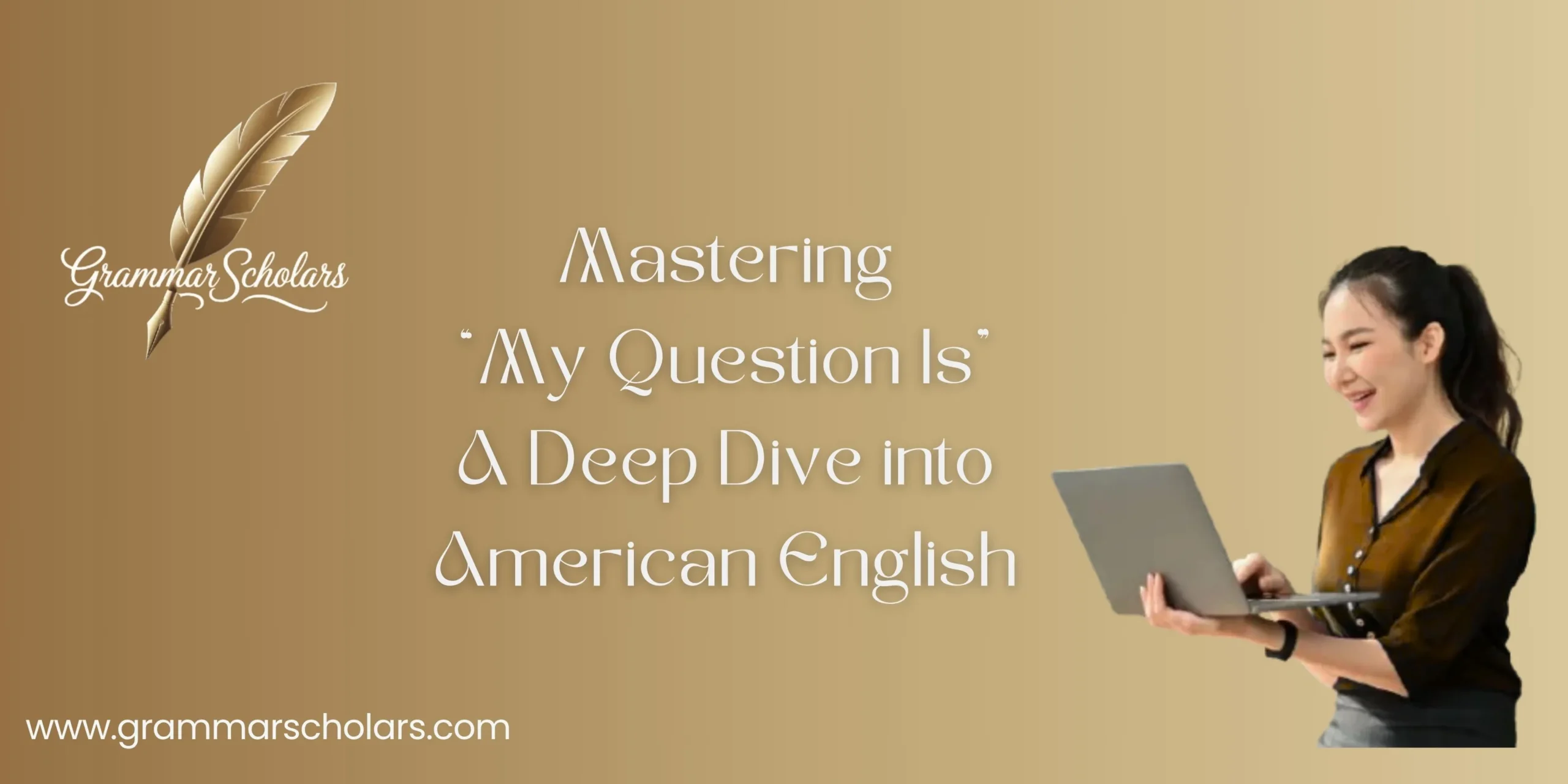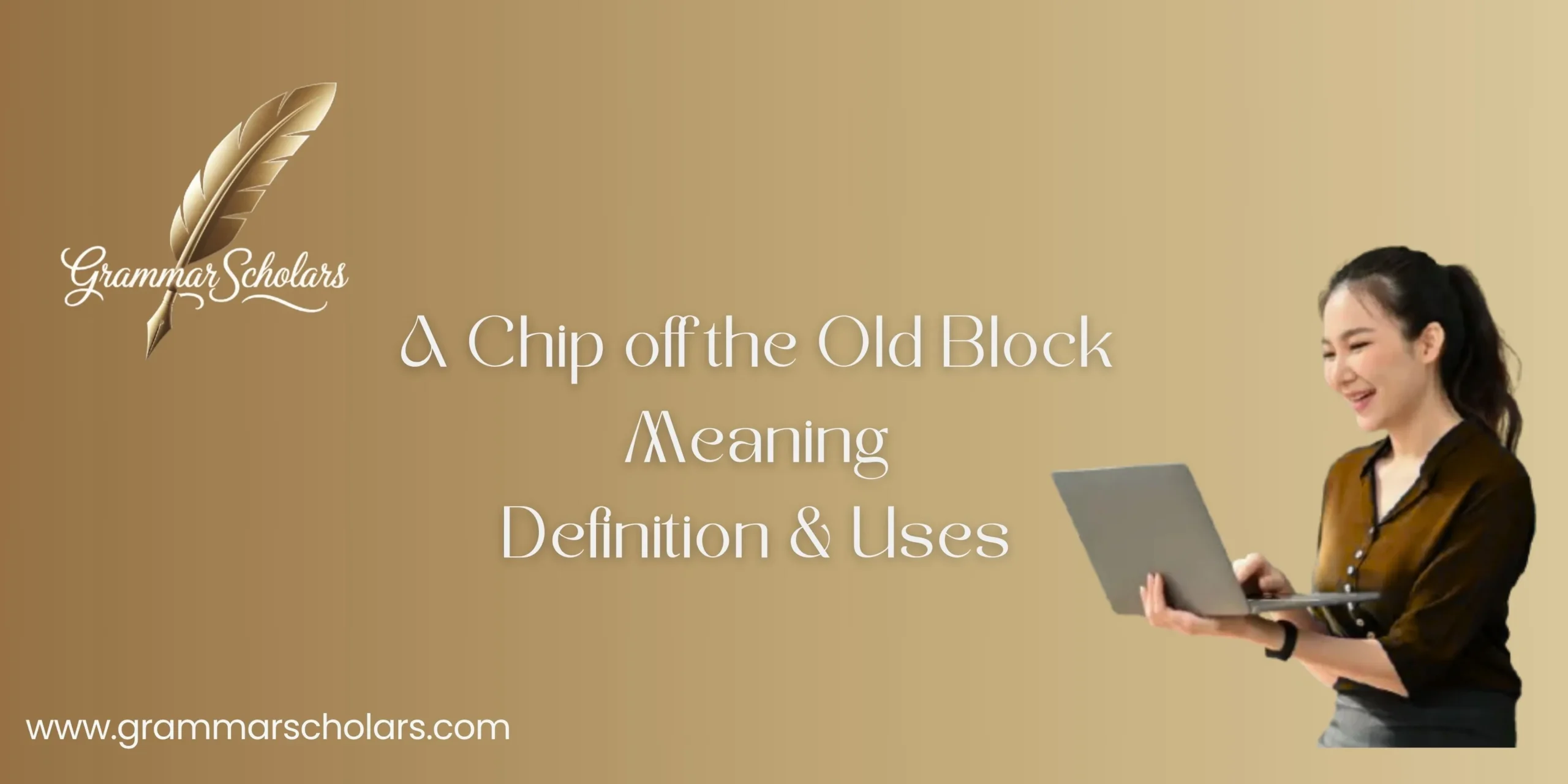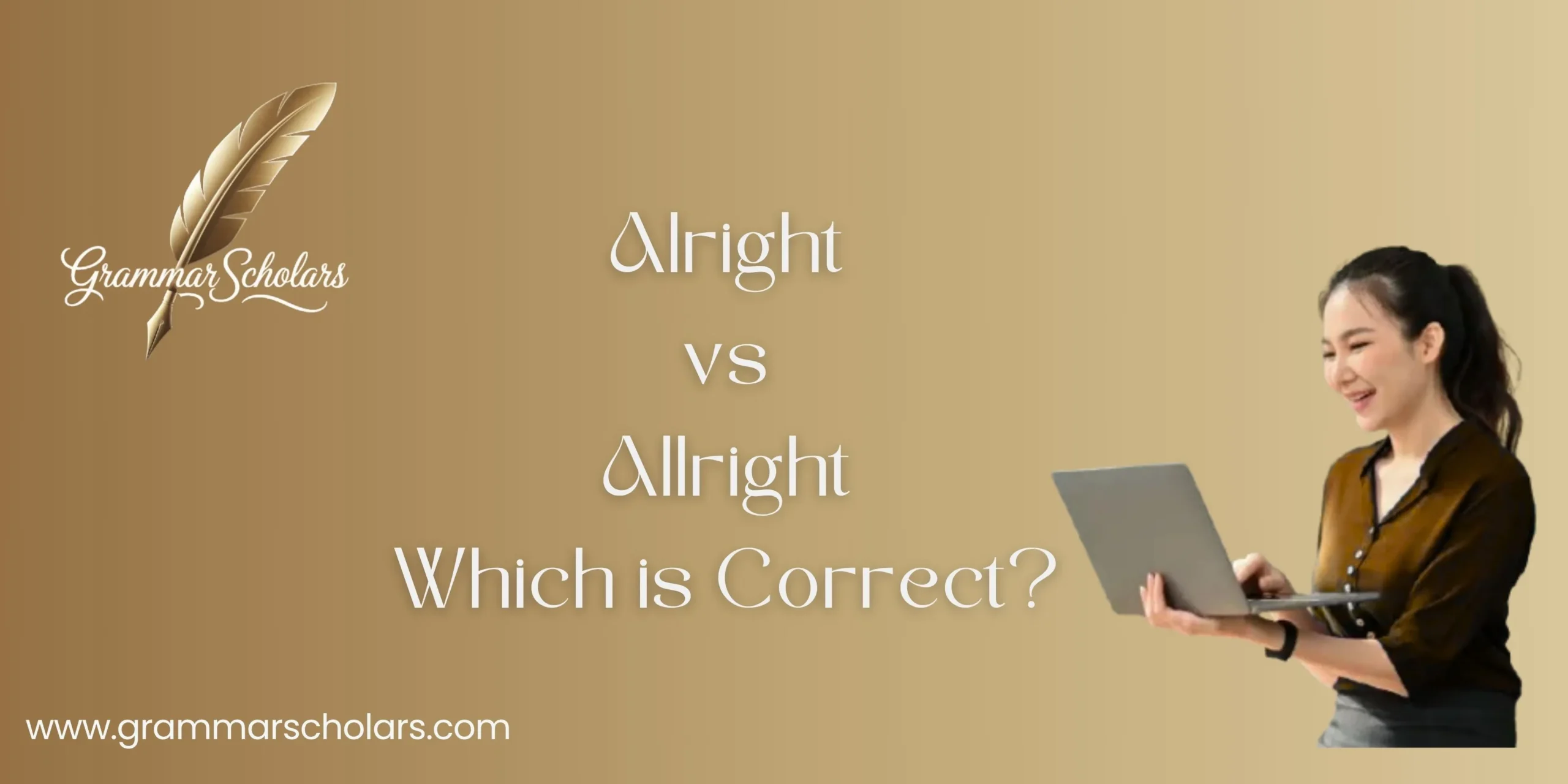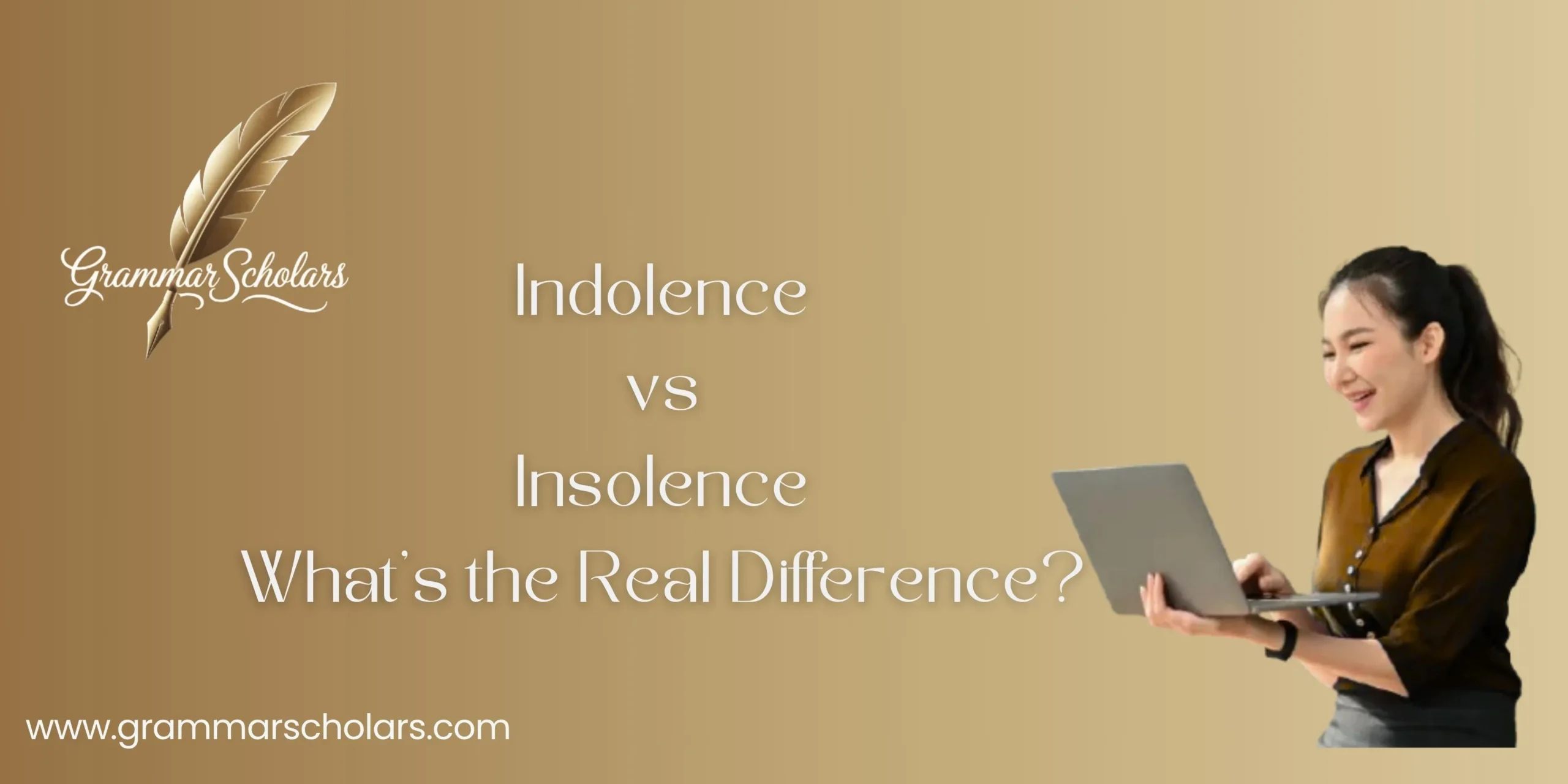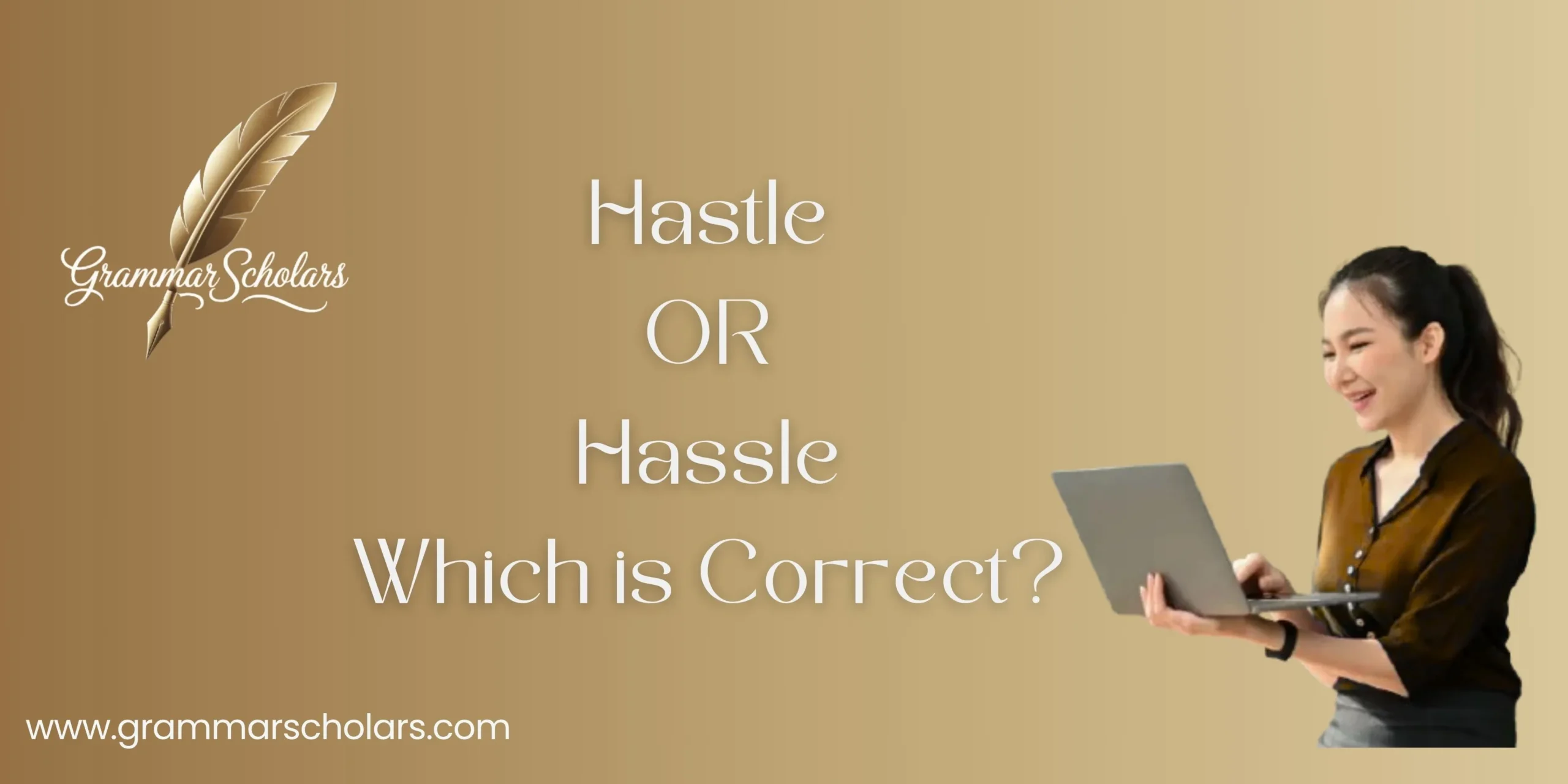Is It Correct to Say “I Am Very Much Looking Forward”?
English is a dense forest of expressions, where phrases like “I am very much looking forward” can often cause doubt. Some learners may wonder if it’s formal, outdated, or simply incorrect. But in truth, this phrase is not only grammatically correct– it’s also quite polished, particularly in emails or professional messages. It expresses genuine anticipation, … Read more

